Another year, another Labour Day under the machinery of capitalism that grinds up workers’ happiness for profit and pleasure. Yes, it’s almost the end of summer — and once again time for our elected leaders to pay lip service to workers while simultaneously making our lives worse. Here are just a handful of the ways that those in power have hurt workers over the past year.
Essential Workers Face Unsafe Conditions
Some people were able to work from home during the pandemic, and many continue to do so. But essential workers — anyone who had to leave the house to earn money — have faced unsafe or actively harmful conditions on the job. To name just a few: Save-On-Foods, a supermarket chain in British Columbia, refused to introduce an in-store mask mandate; meatpacking workers faced huge outbreaks; prison workers have been denied basic safety protections. Care workers are exhausted. Medical professionals are burnt out. Teachers are worried about classroom outbreaks.
In Saskatchewan, the government dropped its COVID-19 measures in early July, and has so far refused to reinstate any of them. They’ve said the quiet part out loud: workers are valued far less than profit.
Last Labour Day, Our Times proposed an anti-racist recovery plan than would make sure racialized workers were properly protected. Six months ago, Passage’s Class Struggle newsletter outlined what a “just re-opening” could look like. None of these ideas materialized. Governments have failed to keep workers safe.
COVID-19 Subsidies Are Diminishing Or Dead
One of the few good things to come out of the shitshow of 2020 was the Canada Emergency Response Benefit (CERB) — a $2,000-per-month payment that workers could access while their jobs were impacted by the pandemic. The fact it wasn’t enough to live on, yet still counted as taxable income, sucked. But it was a lifeline for workers. It helped to restart discussions around universal basic income, and shifted mainstream ideas of what the government could pay for.
CERB wrapped up last October. The rest of the federal government’s COVID-19 relief benefits are due to end this fall, after being heavily slashed in the 2021 budget. And yet, Prime Minister Justin Trudeau continues to promote these worker benefits that no longer exist.
Most Provinces Still Don’t Have Paid Sick Days
Paid sick leave for short-term illness is a fact of life in most Global North countries. Canada, along with the United States and Japan, is an outlier.
Ontario introduced three days of COVID-19-related paid sick leave in April, which runs through till December 31. B.C. also introduced three days of pandemic sick pay in May, and has promised to make it permanent come 2022. And Prince Edward Island offers one day of paid sick leave to workers who have been with their employer for more than five years.
That means around half of Canada’s population has no governmental right to paid sick leave — it’s up to their employers to provide it. And the country’s largest province is set to lose the allowance they do have between now and next Labour Day.
It shouldn’t have taken a year of emergency measures for a couple of provinces to implement paid sick leave in the first place. It shouldn’t be taken away once the government decides the pandemic is “over.” And the provinces who still don’t have paid sick leave shouldn’t be allowed to get off scot-free.
Workers Are Being Wrongfully Fired For Pandemic-Related Reasons
Having a job under capitalism sucks. But losing your job also sucks, because suddenly you don’t have money to pay for things like rent, food or medication.
The COVID-19 pandemic has seen an uptick in employees getting fired for spurious reasons. For example, an accountant in Ontario has brought a lawsuit against his former employer after he was allegedly fired for not providing a COVID-19 sick note, while a server in Nova Scotia was fired for following public health guidance to quarantine after travelling to another province.
Hotels in B.C.’s Lower Mainland have been especially bad: one terminated 100 employees and withheld severance pay, while another fired and locked out 97 employees. The pandemic did impact the tourism industry, but provincial and federal governments propped up these struggling businesses without ensuring they’d look after their workers.
Immigrant Workers Are Still Being Exploited And Endangered
The feds are attempting to increase the number of immigrants who work and settle in Canada. But they’re not providing adequate protections to stop these workers being exploited. Some workers hoping for permanent residency, for example, are locked into indentured servitude, being forced to pay their employers in exchange for a valid job offer.
The federal government introduced a way for exploited workers to access an open work permit in 2019, but it has many barriers and doesn’t result in lasting consequences for the employer. Since last Labour Day, only six employers have been banned from hiring migrant workers — and that’s due to not paying fines for exploiting their employees.
Migrant and seasonal workers are also being exploited. That’s especially true for farm workers, who face both low labour standards and precarious work status; they are especially vulnerable to COVID-19, but also the least able to hold their employers to account for fear of being deported. The Migrant Workers Alliance for Change estimates that at least 10 migrant workers in Canada have died so far this year alone.
No Word On A ‘Just Transition’ For Fossil Fuel Workers
The past year has seen some of the most extreme weather we’ve ever experienced in Canada, which has helped strengthen calls for a better climate crisis action plan. But governments large and small across Canada aren’t doing enough. And the longer we delay pivoting to greener energy sources, the longer oil and gas workers are left uncertain about their futures.
The upcoming election would be a perfect chance for parties to show what their transition plans are — how they’re going to make sure unionized energy workers retain those unionized jobs.
The NDP makes some steps toward a Green New Deal, and Liberals vaguely promise to support “all workers to ensure no one is left behind” — but neither they, nor the Conservatives, make explicit mention of how they’ll ensure existing oil and gas workers will still have good jobs in a low-carbon future.
The Federal $15 Minimum Wage Is Too Little, Too Late
In 2019, the Liberals promised to introduce a federal minimum wage of $15 in 2020 that would be pegged to inflation going forward. At that point, 22 per cent of transport workers earned below that amount. The wage promise finally came true this year as part of the budget, but due to inflation it should currently be set at $15.47, at the absolute minimum.
But for the approximately 94 per cent of workers whose wages aren’t regulated by the Canada Labour Code, this increase does nothing. Just three provinces and territories have minimum wages at or above $15, and it remains below $12 an hour in New Brunswick, Manitoba, and Saskatchewan. Setting any minimum wage (whether provincially or federally) below the amount that workers need to survive is a travesty.
Companies Are Working To Bust Unions
Companies big and small have spent this year fighting organized labour efforts, because non-unionized workers are easier to exploit for profit.
Wine Rack, a wine chain in Ontario, encouraged their striking workers to cross the picket line, BuzzFeed closed HuffPost Canada only two weeks after they filed to unionize, and a food-service company was explicitly seeking a “union avoidance” expert.
Lush North America ran a fierce union-busting campaign in its Toronto warehouse, as did Canada Goose in its Winnipeg factories.
While the pandemic has led to union membership rising and more workers — especially in retail — becoming members, that doesn’t change the fact that it’s still nowhere near historical highs. And important collective bargaining tools, like the right to strike, are being legislated away.
Apps Like Uber Are Screwing Over Gig Workers
Platform capitalism continues to relentlessly do everything possible to prevent app workers from getting fairly compensated.
The success of California’s Proposition 22 in November, which sought to classify Uber drivers as contractors instead of employees, seems to have emboldened gig companies to more aggressively treat their workers like crap. (Prop 22 has since been ruled unconstitutional.)
In March, Uber claimed its new Flexible Work+ plan in Canada would benefit workers (who they class as contractors, not employees). But they also cut workers’ pay, and are trying to persuade them not to organize for better work standards. The Conservatives seem to have copied this model for their gig worker platform.
While the B.C. NDP promised ahead of the 2020 provincial election to help gig workers, there’s been no announcements since then, and no updates on the plan since a deep-dive by The Tyee in March.
All workers have the right to be treated with dignity and respect. All workers have the right to feel safe and protected in their jobs. Nobody should be struggling to make ends meet due to earning too little, being denied benefits or a pension due to deliberate mismanagement, having their wages stolen by their employer, or facing harm or even death due to lax labour standards.
Worker rights are for life, not just for Labour Day.


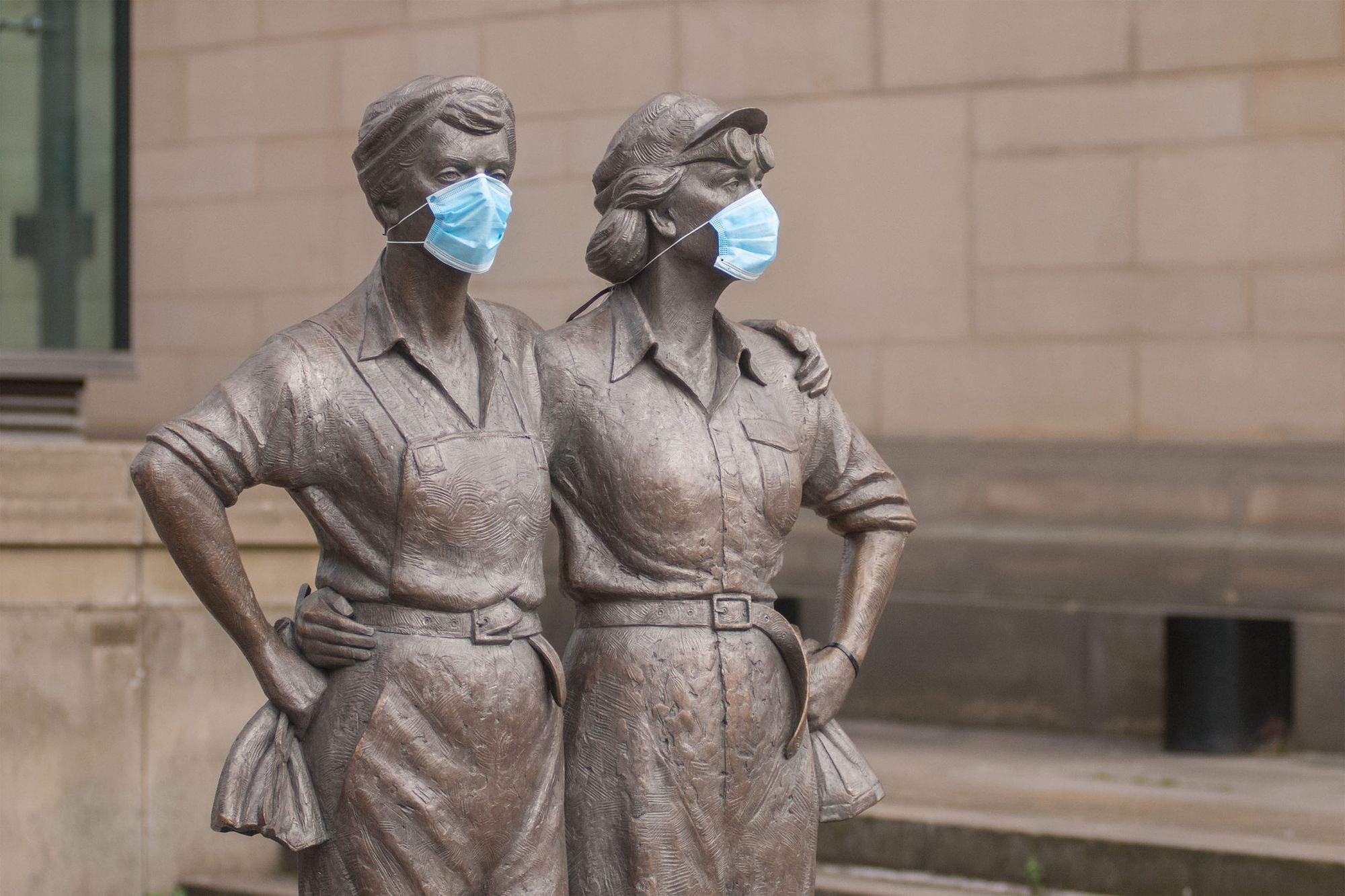
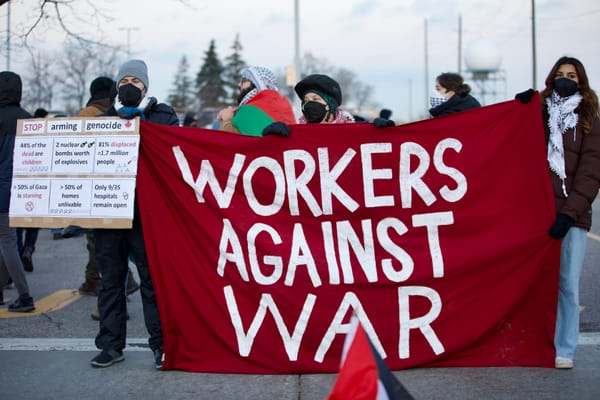

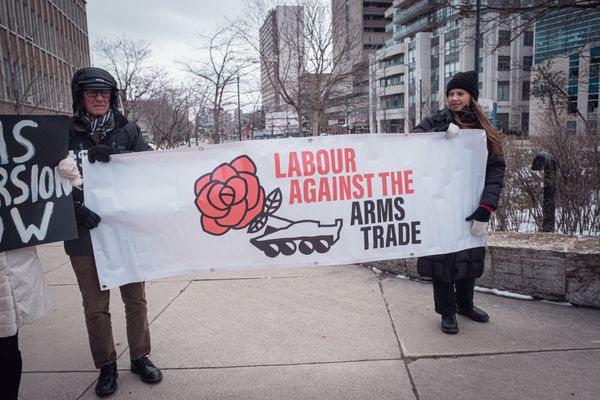
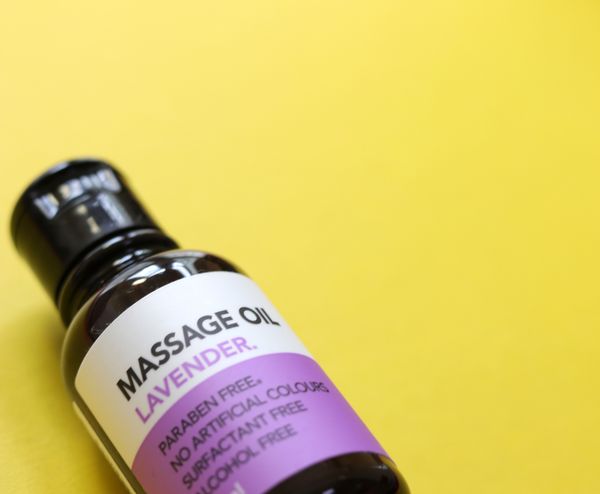
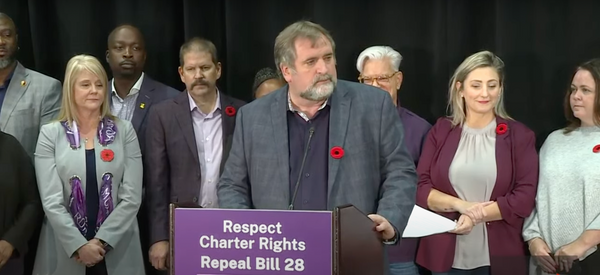
Member discussion